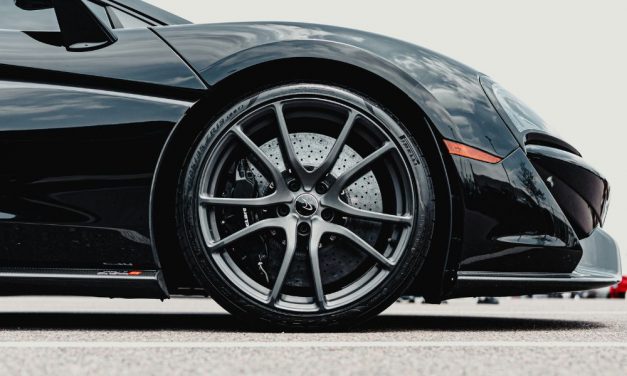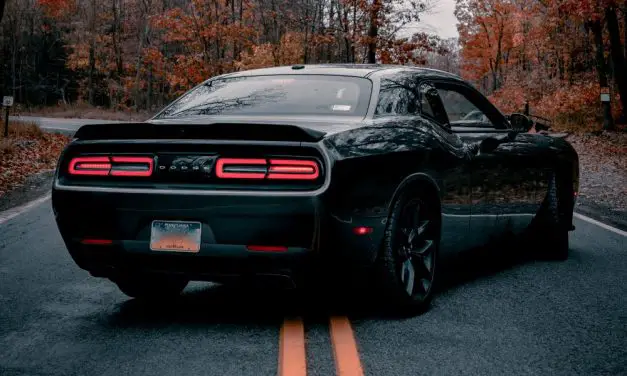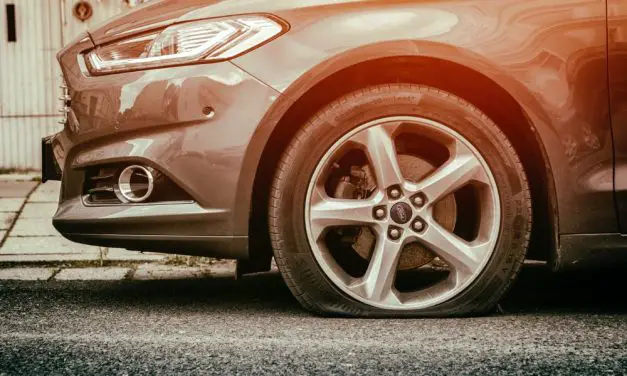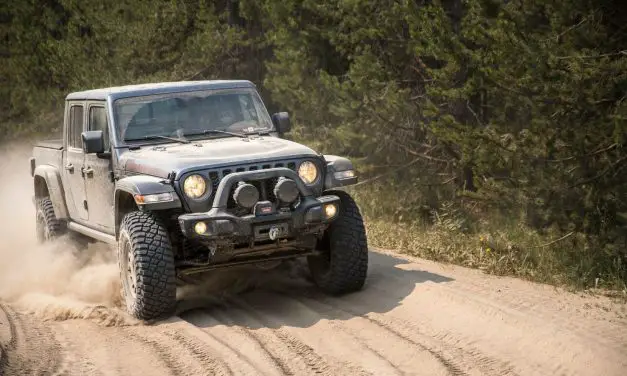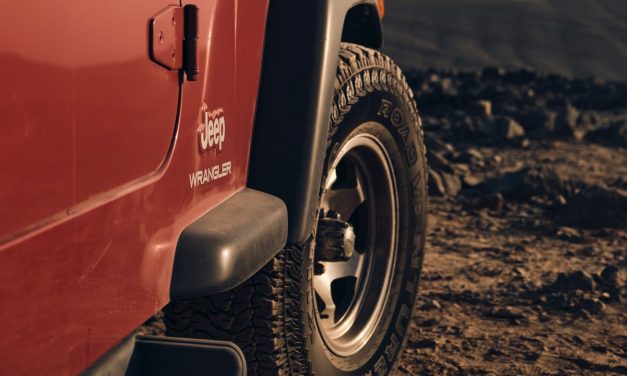Category: Wheels & Tires
Do Dealers Over-Inflate your tires? (What to do about it)
Have you ever left a dealership after getting maintenance on your car, only to find that they...
Read MoreNeed a Quieter Ride? Add Carpeted Wheel Well Liners!
Wheel well liners have been an immense pain to all detailers and owners of vehicles with these...
Read MoreThe Difference Between ZR and R on Tires: Past and Present
The ZR you find after the load rating of your tire on the sidewall is an older and outdated...
Read MoreYou Shouldn’t Drive On Under-Inflated Tires: Here’s Why!
Under-inflated tires are one of the most common concerns when it comes to your car’s regular...
Read MoreWhy Do Trailer Tires Wear on the Outside?
Trailer tires can wear out in various patterns that indicate specific problems. If you’ve noticed...
Read MoreAre All-Terrain (Off-Road) Tires Comfortable to Drive On?
All-terrain tires, also known as AT tires, are designed to provide a combination of on-road and...
Read MoreDo Off-Road Tires Wear Faster? (Everything You Need To Know)
Driving off-beaten paths with off-road tires helps manage the terrain better. These tires’...
Read MoreTrailer Tires Don’t Normally Come With Rims: But sometimes they do
Many trailer owners look for ways to save up on expenses. When looking for tire...
Read MoreWhy Do Trailer Tires Have Higher PSI?
At first glance, you may not notice a difference between trailer and car tires. So, it can be...
Read MoreIs It Possible To Over-Inflate Trailer Tires?
Trailer tires typically have much higher PSI requirements than regular tires. They have to carry a...
Read MoreThe Complete Guide to Patching All-Terrain Tires
All-terrain tires are more puncture-resistant than regular tires, but that doesn’t mean...
Read MoreIn-Depth Look at If All-Terrain Tires Are Harder to Puncture
All-terrain tires are often sought-after for their ability to handle all obstacles. However, that...
Read More


